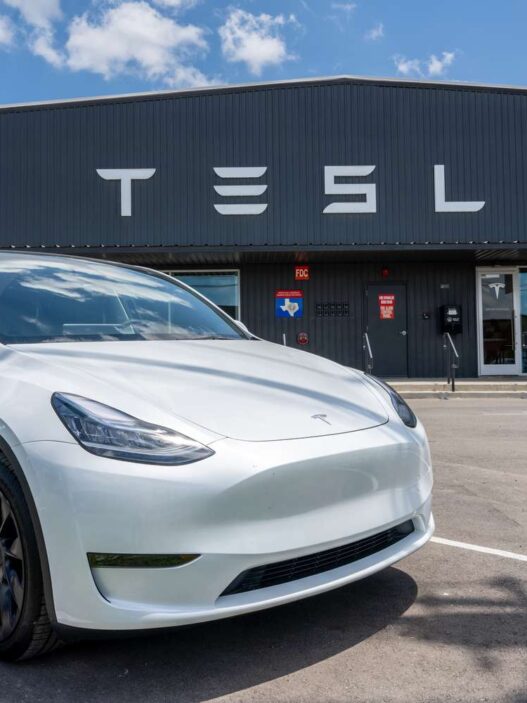What Happened? The Numbers Behind VW’s Struggle
Powered by MasterCFA.com
Volkswagen, the world’s second-largest automaker, reported a dramatic 42% drop in third-quarter operating profit. The company’s core passenger car unit saw its operating return on sales fall to just 2%, triggering urgent calls for cost reduction and efficiency improvements. This development comes amid multiple challenges, including:
- Complex governance structures
- Questionable electric vehicle investments
- Declining revenues from China
- Bureaucratic hurdles in Germany
- Ongoing union negotiations regarding potential plant closures
Why Does This Matter? Beyond the Balance Sheet
Economic Ripple Effects
The situation at Volkswagen reflects broader challenges in the global automotive industry. As a major employer and economic contributor in Germany and globally, VW’s performance significantly impacts:
- Regional employment rates
- Supply chain economics
- International trade relationships
- European manufacturing sector stability
Personal and Business Impact
This development affects multiple stakeholders:
- Employees face potential job insecurity
- Suppliers may experience reduced orders
- Investors see portfolio value changes
- Consumers might face altered product offerings and pricing
Theoretical Concepts in Action
Economic Theories at Play
- Creative Destruction Theory
- Traditional auto manufacturing facing disruption from EV transition
- Market forces pushing for structural changes
- Labor Market Dynamics
- Union bargaining power
- Wage-price spiral effects
- Employment multiplier effect
Real-World Applications
Historical parallel: Similar to Nokia’s struggle with smartphone transition, VW’s challenges demonstrate how established market leaders must adapt or risk decline. The company’s situation exemplifies:
- Industry lifecycle theory in practice
- Corporate restructuring dynamics
- Market efficiency hypothesis challenges
What Could Happen Next?
Several scenarios might unfold:
- Major restructuring with plant closures and workforce reduction
- Accelerated shift toward electric vehicles
- Strategic partnerships or consolidation
- New market entry strategies for emerging markets
Why You Should Pay Attention
Understanding this situation provides valuable insights for:
- Evaluating cyclical industry investments
- Analyzing corporate restructuring opportunities
- Identifying early warning signs in company performance
- Assessing market transition risks
- Making informed investment decisions in automotive sector
Questions to Ponder
- How might VW’s challenges affect the broader European automotive industry’s competitiveness?
- What lessons can other traditional manufacturers learn from VW’s electric vehicle transition struggles?
- How does the balance between union power and corporate restructuring needs affect long-term company sustainability?
- Could this situation lead to a broader reshaping of the global automotive industry landscape?
Keep Learning with MasterCFA: Understanding automotive industry dynamics and corporate restructuring is crucial for modern financial analysts. These real-world examples provide valuable insights for the CFA Exam. Explore more industry analyses and financial theory applications with MasterCFA to enhance your analytical capabilities and advance your finance career.















